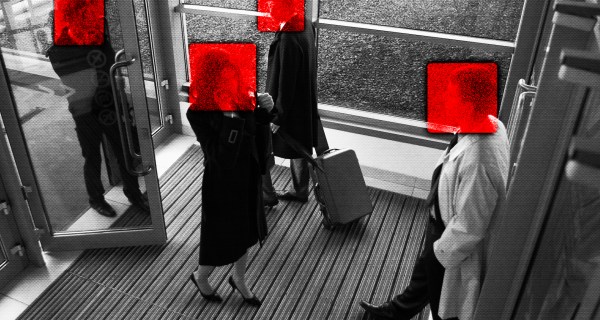Civil liberties watchdog expected to return with renewed focus on facial recognition

The Privacy and Civil Liberties Oversight Board (PCLOB) is expected to return after the Senate on Monday confirmed two new members to the watchdog by voice vote.
Sharon Bradford Franklin is expected to join as member and chair of the board, while Beth Williams will join as a member.
PCLOB is a five-member independent watchdog, but since has operated without a full complement of members of a chairperson since 2017, which has hindered its ability to operate and advise other federal government departments.
The appointment of the two new members will breathe new life into the oversight body and help provide the momentum needed to consider key issues including the use of facial recognition and artificial intelligence by federal government agencies.
Bradford Franklin previously was policy director for New America’s Open Technology Institute and previously served as executive director of PCLOB. Her work has included reviewing government surveillance programs and she also served as a member of the cybersecurity subcommittee for the Department of Homeland Security’s Data Privacy and Integrity Advisory Committee.
Williams was the assistant attorney general for the Office of Legal Policy at the Department of Justice from August 2017 to December 2020, serving as the primary policy adviser to the attorney general and deputy attorney general.
PCLOB was created by Congress following the 9/11 terrorist attacks and is made up of some of America’s most senior attorneys specializing in civil liberties and human rights.
The use of facial recognition by government departments has come under scrutiny in recent weeks after federal contractor ID.me admitted that its platform, which is used by the IRS to verify the identity of citizens filing taxes, employs a type of powerful technology that searches for individuals within mass databases of photos.
In a press release, ID.me initially said that it did not use “1:many facial recognition,” but subsequently backtracked in response to questions from FedScoop’s sister publication CyberScoop.
In a statement published in July last year, following a declassification process, PLCOB board member Travis LeBlanc warned that the National Security Agency never provided historical legal analyses of its XKeyscore surveillance system, details of which were first made public by NSA whistleblower Edward Snowden in 2013.
Alan Butler, executive director and president at the Electronic Privacy Information Center, said that facial recognition should be a priority for PCLOB. He added: “[T]he board should also look into surveillance of financial transaction data and the use of other emerging technologies for surveillance.”
The Electronic Privacy Information Center is a research center based in Washington D.C., which seeks to protect privacy, freedom of expression and democratic values.
Editor’s note: This story was updated to include comment from EPIC.






